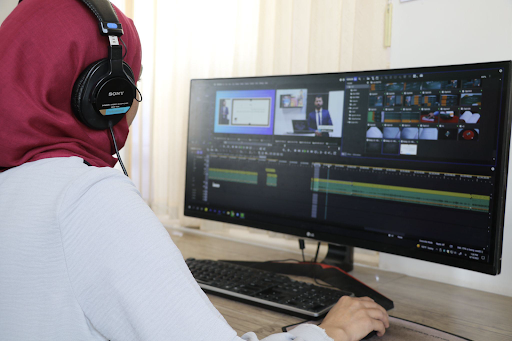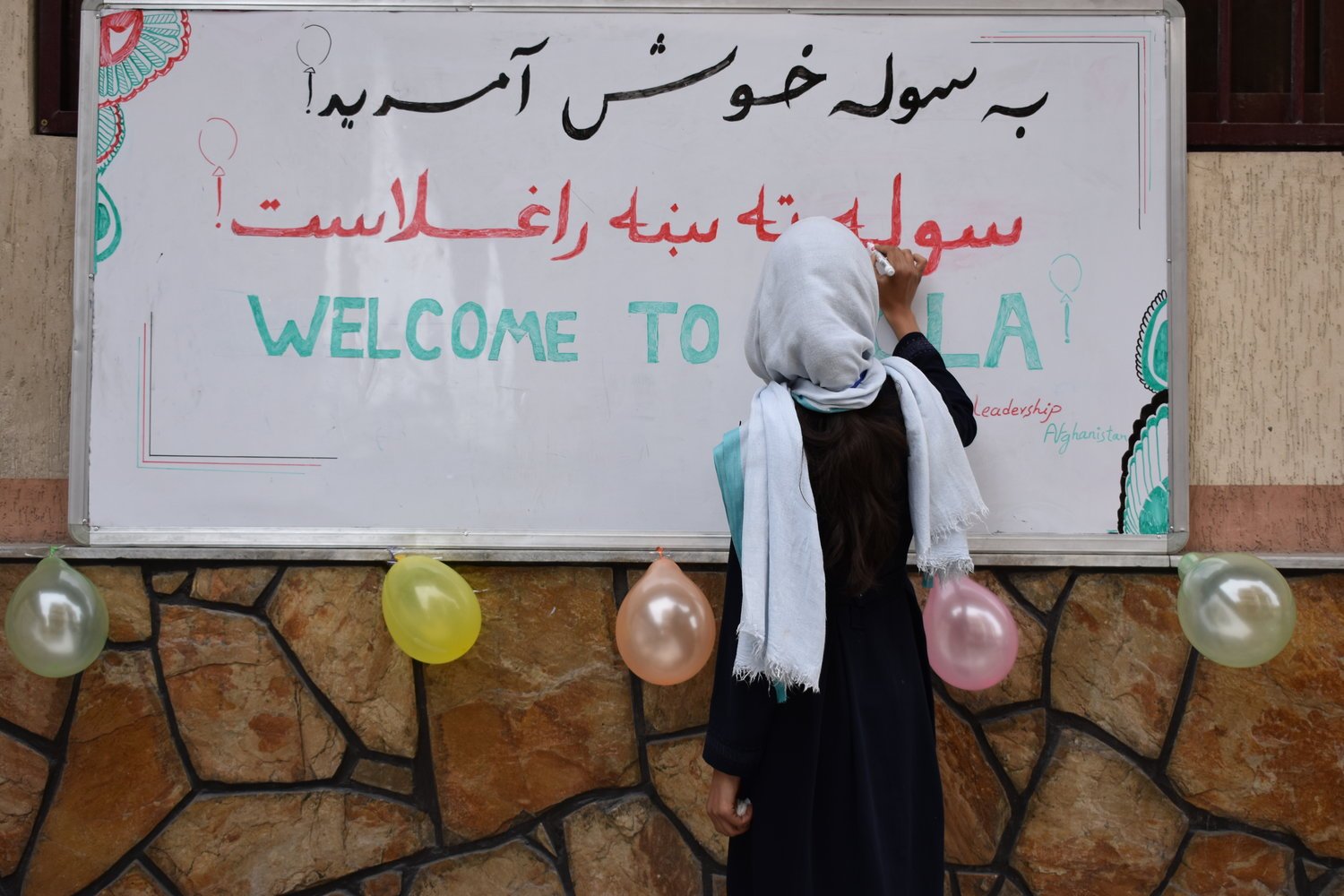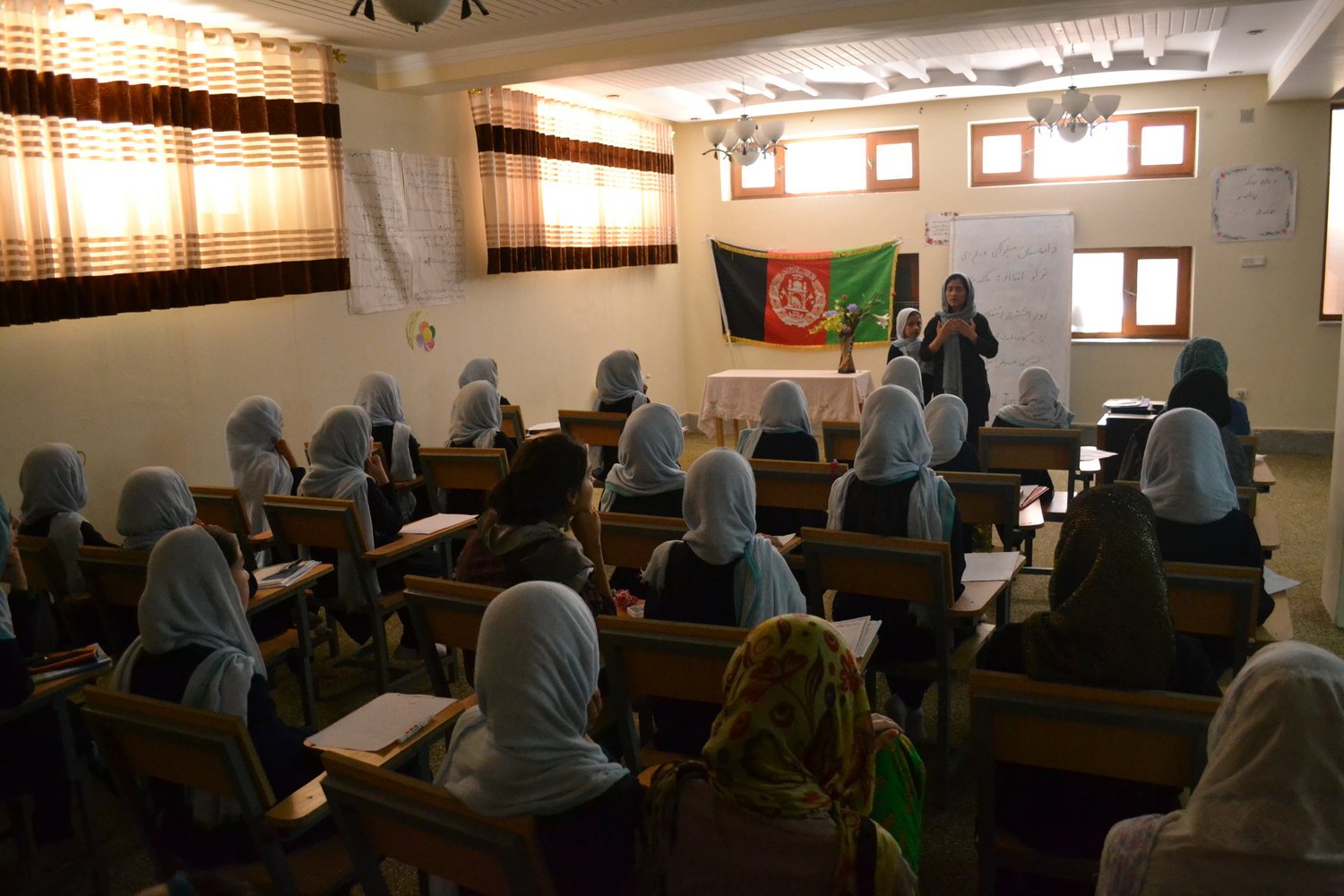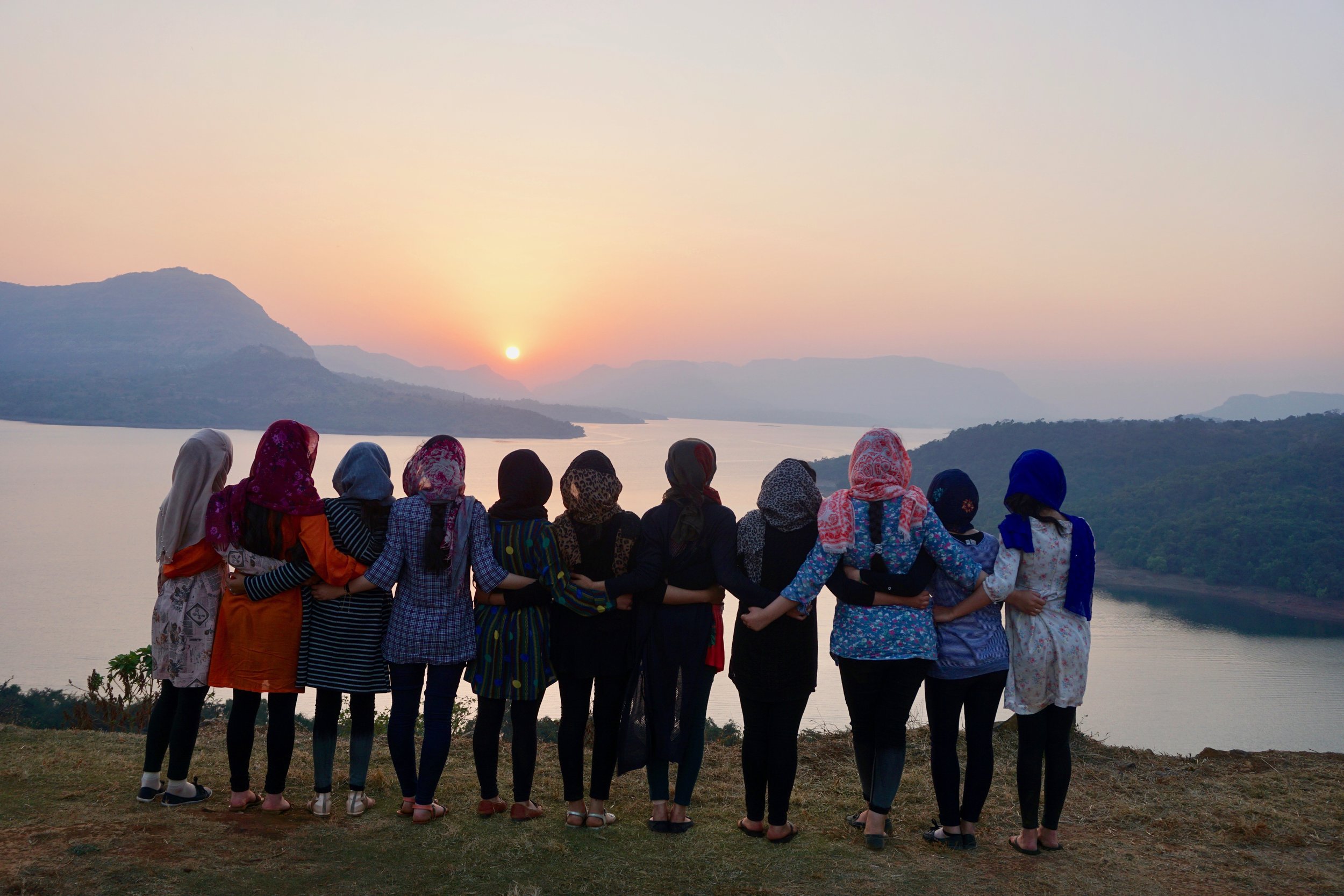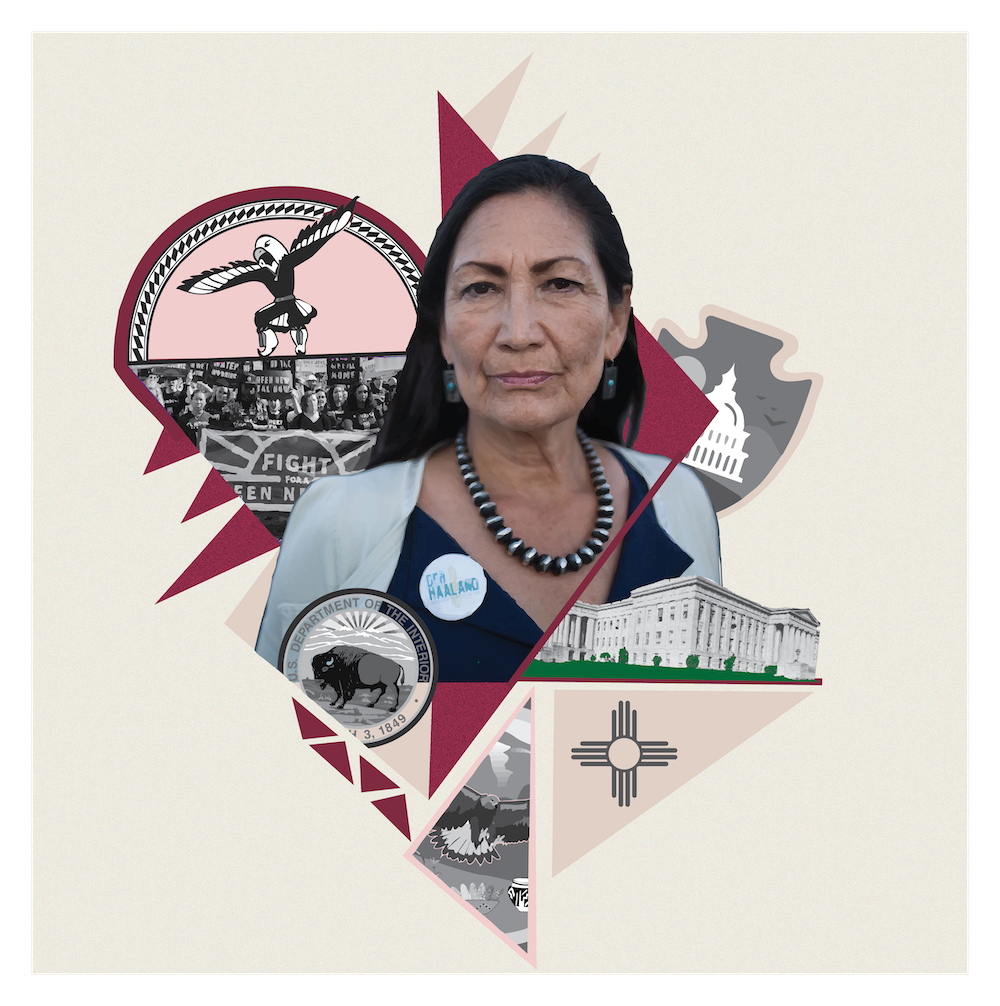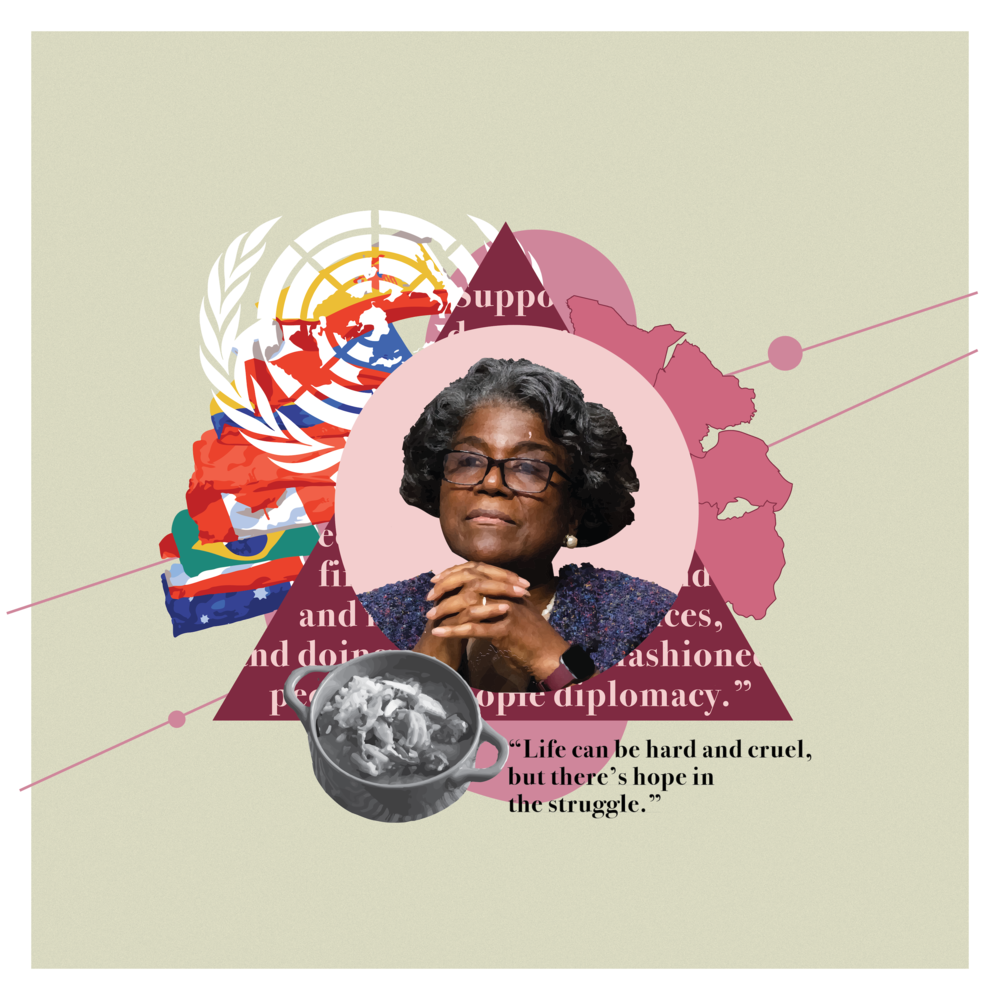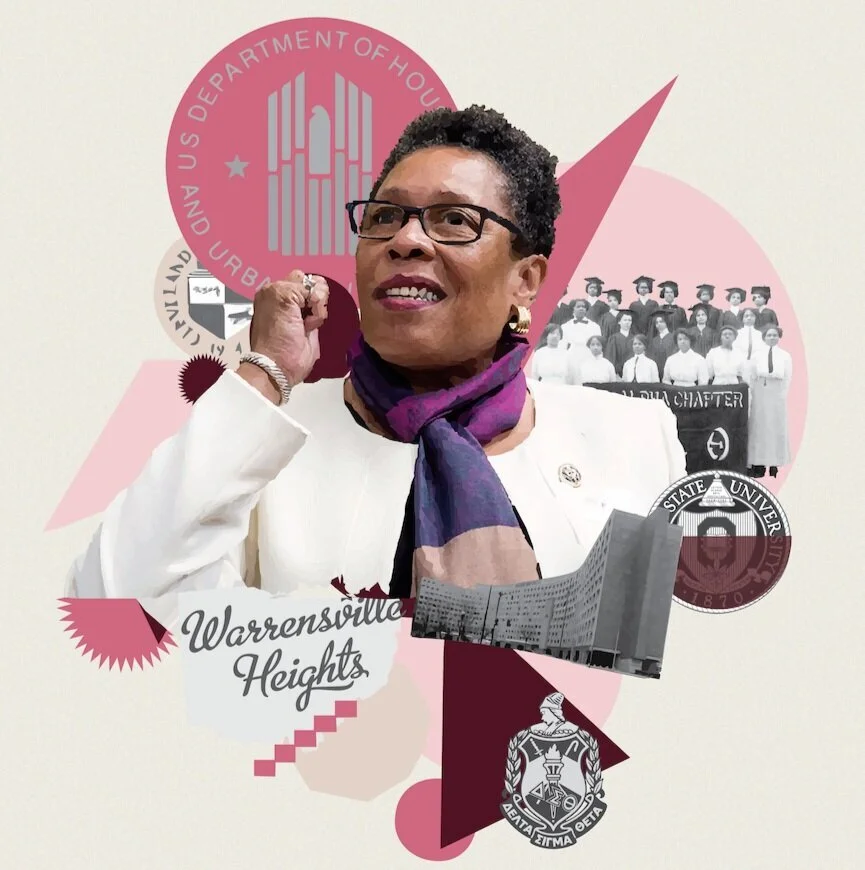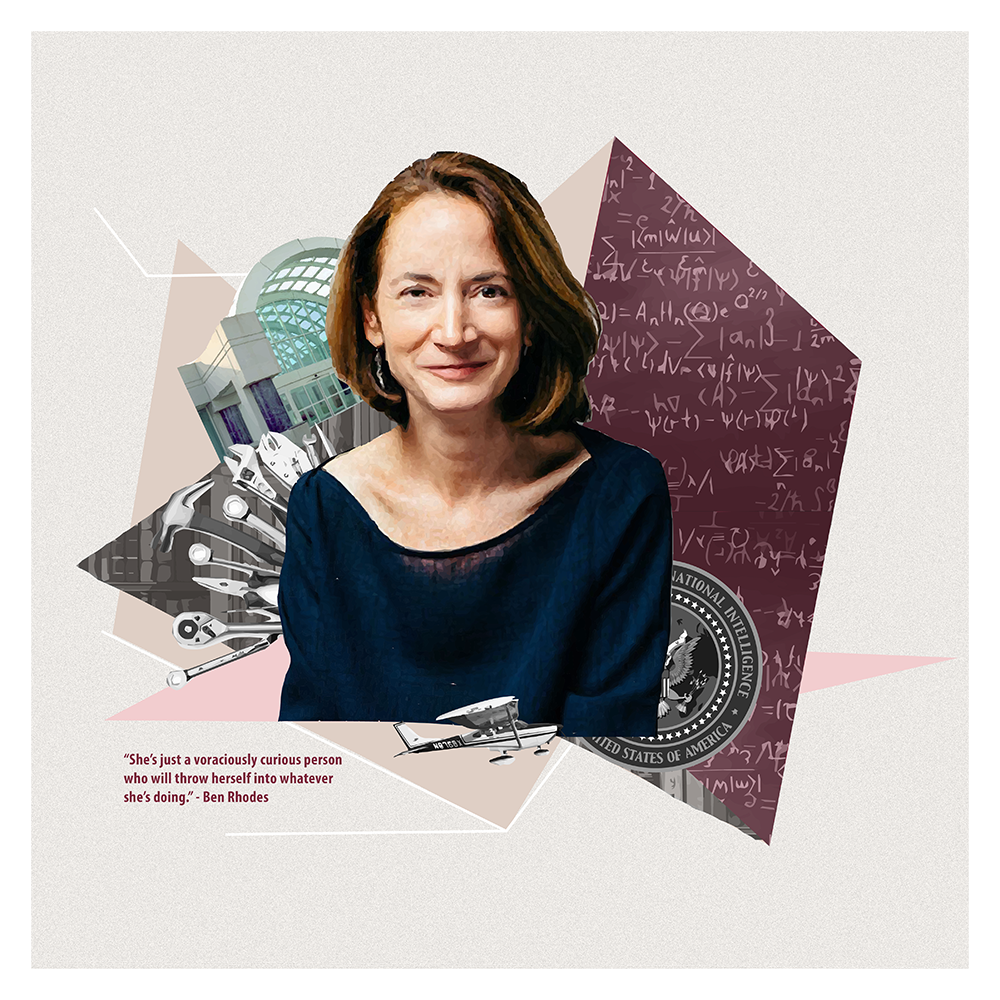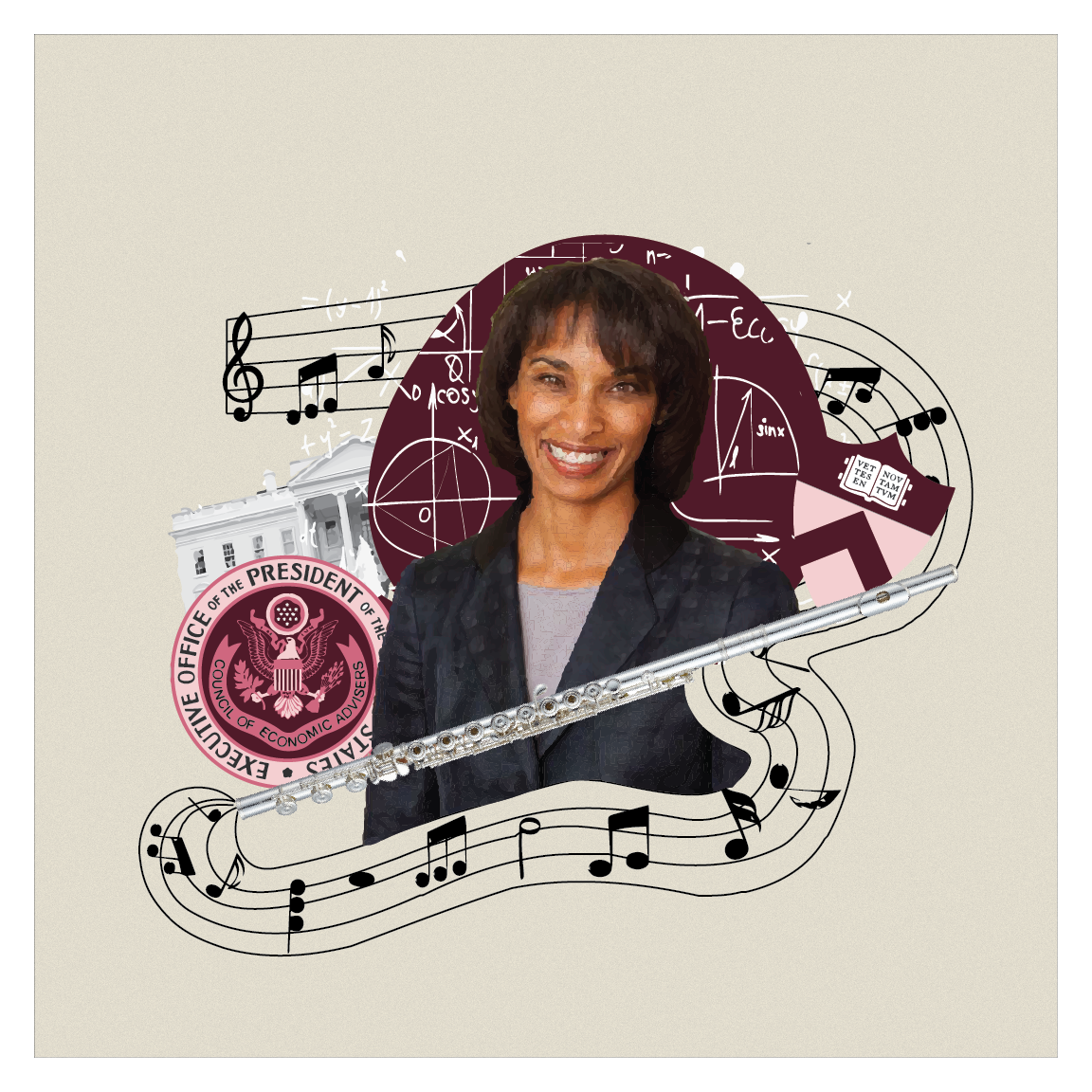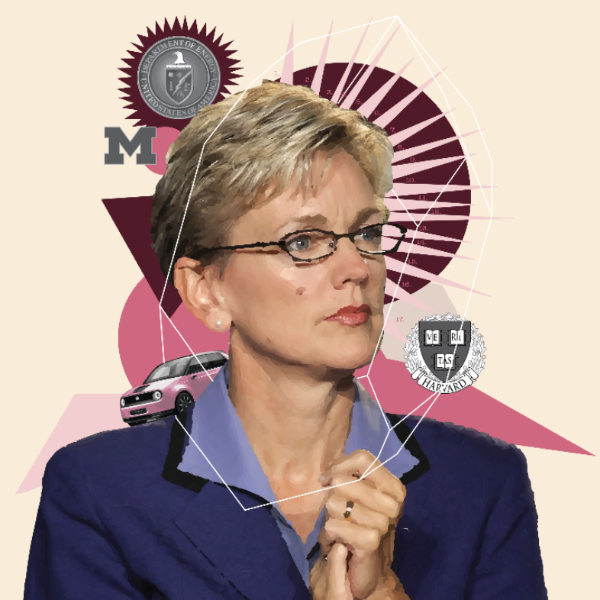This week, I want to share two success stories because I think we all could use a little good news. You may remember a few weeks ago I shared with you some details about the current dire situation for Afghani women and girls under Taliban rule.
As I recounted in my earlier post, the Taliban banned secondary education for all girls in March of this year, and although they have said that they plan to reopen schools once they figure out the proper dress codes, schools still have not reopened.
Dr. Sakena Yacoobi is one of Afghanistan’s most honored and deeply committed women leaders. She founded and leads the Afghan Institute of Learning (AIL), an organization that has provided education, health, social and economic programming to Afghan women, girls and boys within Afghanistan since 1995.
During the first Taliban rule in the 1990s, they shut down her school and she founded AIL in order to set up new schools, in secret, educating thousands of girls and boys. As she says, "We need to work for gender equality. We cannot only train women [and] forget about the men, because the men are the real people who are giving women the hardest time. We started training men because the men should know the potential of women, and how much these women can do the same job they are doing. So we are continuously giving training to men, and I really believe strongly [in that]."
Watch her 2015 TED Women talk in which she shared the story of how she got started.
Dr. Yacoobi’s priority throughout the current ongoing humanitarian crisis has been to ensure the health of the people (in addition to her schools, AIL runs 12 health clinics in Afghanistan) and to keep education alive for all women and children. After tirelessly working day and night, thinking of how to creatively provide access to education without putting her staff at risk with the government, she and her team have achieved something truly remarkable — a first of its kind in Afghanistan’s history.
"Since August," she writes, "we've been working on a way to ensure education access for our girls under the new government. AIL has created the Meraj Academy, a televised school curriculum for grades 7-12."
"We are teaching daily in Dari and Pashto via the television. We vetted hundreds of candidates and selected the most qualified teachers to instruct in our televised classroom. Our reach is not just Afghanistan, but in several surrounding nations as well — and lessons can also be streamed from anywhere via the web. Every subject any of the Western nations would consider necessary for a high school education, we are teaching daily via the television.
Those watching can submit questions via YouTube, Telegram, email or call, and we have staff available to help students. The lessons are archived so if you miss a day, you can go to the YouTube channel to catch up.
It allows anyone to gain a full education with just five hours of electricity a day, in their home, if they are motivated to do so. I could not be more excited or proud of this step in AIL’s education journey. As we gain funding, we plan to translate it into more languages. It is the biggest and most impactful accomplishment of AIL in recent years!"
And there’s more from another brave and courageous Afghan woman: Shabana Basij-Rasikh co-founded the country's first and only all-girls boarding school in 2008 while she was still a teenager — a dream she shared in her first TED Women talk in 2012. At TEDWomen20, Shabana shared the harrowing story of evacuating more than 250 students (aged 10-16), her staff and their family members from the School of Leadership, Afghanistan (SOLA) outside Kabul to a new campus in Rwanda in a forced and urgent evacuation after the Taliban took power again. The details of their heroic escape is inspiring, and also a reminder of the quick collapse of all freedoms and safety for women and girls inside their own country.
Since their resettlement in Rwanda, I have stayed connected to Shabana and met with her team on a recent visit to Kigali. Shabana also writes about their incredible adventure transferring Afghan girls, families, and staff to another country on another continent in a regular column in the Washington Post and keeps me updated. Recently, she wrote to assure me that the school and the girls are thriving, and she has opened up admissions to refugee girls from other countries. Already, they've received nearly 90 applications from girls from 7 nations — Afghanistan, Pakistan, Tajikistan, Iran, India, Albania, and Brazil. They've shortlisted 40 girls so far, with interviews starting soon.
Not surprisingly, Shabana’s biggest challenge is getting girls from her own country, Afghanistan, to travel to Rwanda to attend her school. "We simply have no way of bringing girls to us from within Afghanistan,” Shabana reported, “but very recently, I heard from an Afghan father who inquired whether there was any chance at all that we’d admit his daughters, because if such a chance existed, he was prepared to find his way to a neighboring country so that his girls would be freely able to travel — and enroll."
"This man, this Afghan father, is ready to become a refugee from his homeland so that his girls can have a chance at another life. He will not wield control, and he will not be controlled. And there is hope in that."
Yes, hope is alive in the hearts of these two women, sustaining their work in spite of the enormous challenges that both face. Shabana and Sakena are heroes of mine. They will not give up — they persist with courage, an innovative spirit, and abiding dedication that is an inspiration to all of us!
I hope you will look at the work that AIL and SOLA are doing through their websites, follow them on social media, and support them in their work.
Follow Sakena on Twitter: twitter.com/SakenaYacoobi
Follow AIL on Twitter: twitter.com/ail_ngo
Follow Shabana on Twitter: twitter.com/sbasijrasikh
Follow SOLA on Twitter: twitter.com/SOLAAfghanistan
You can donate to AIL here: sakena.org/ways-to-donate.php
You can donate to SOLA here: sola-afghanistan.org/donate
Onward!
- Pat

